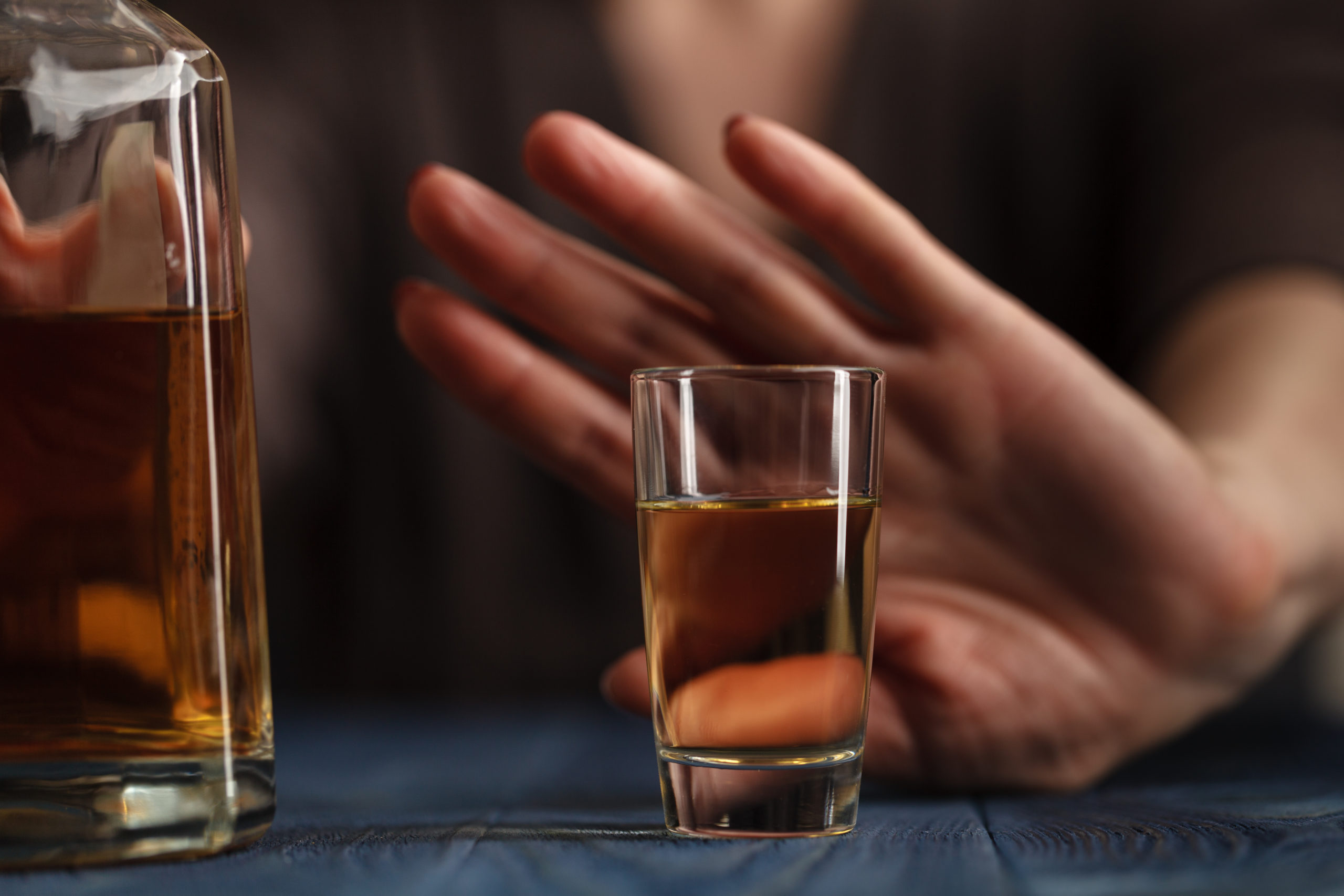In the journey toward overcoming addiction, recovery programs play a pivotal role. Among the various methodologies employed in this transformative process, the 12-step system stands out as a particularly effective and widely recognized approach.
Originating from Alcoholics Anonymous (AA) and now adapted by numerous recovery programs worldwide, this system offers a structured path to sobriety and personal growth.
Below, we’ll discuss the essence of the 12-step system, exploring its benefits and detailing each step to provide a comprehensive understanding of its role in addiction recovery.
What Is the 12-Step System?
The 12-step system is a set of guiding principles outlining a course of action for recovery from addiction, compulsion, or other behavioral problems.
Developed in the 1930s by the founders of Alcoholics Anonymous (AA), it has since become a cornerstone in the field of addiction recovery.
The system is rooted in the philosophy of admitting one’s inability to control their addiction, recognizing a higher power that can give strength, examining past errors with the help of a sponsor (experienced member), making amends for these errors, learning to live a new life with a new code of behavior, and helping others who suffer from the same addictions or compulsions.
Benefits of the 12-Step System
The 12-step system offers a transformative journey beyond addiction recovery, fostering personal growth, emotional healing, and the creation of supportive communities.
Personal Growth and Development
The 12-step system is more than a road to recovery from addiction; it’s a journey toward personal transformation. Participants often experience a spiritual awakening, gaining a new perspective on life. This process fosters a profound sense of self-awareness and self-esteem, as individuals confront their vulnerabilities and work tirelessly to overcome them. The steps encourage introspection and self-improvement, which are crucial for sustained recovery.
Social Benefits
One of the key strengths of the 12-step system is the community it builds. Participants join a network of individuals who share similar struggles, creating an environment of mutual understanding and support. This sense of belonging is vital for recovery, as it provides a platform for sharing experiences, offering and receiving encouragement, and learning from others’ journeys. The communal aspect of the 12-step program helps in reducing feelings of isolation and promotes shared growth and healing.
Relapse Prevention
A major benefit of the 12-step system is its effectiveness in promoting long-term recovery and preventing relapse. The steps provide practical tools and strategies for maintaining sobriety and coping with the challenges of life without falling back into old habits. By continually practicing these principles and engaging with the community, individuals are more likely to sustain their recovery and enjoy a life free from addiction.
The 12 Steps of Recovery
These 12 steps form the backbone of the recovery process, offering a structured and spiritual path to overcoming addiction.
- Admission of Powerlessness: Acknowledging that one cannot control their addiction or compulsion.
- Belief in a Higher Power: Coming to believe that a power greater than oneself can restore sanity.
- Decision to Surrender: Making the decision to turn one’s will and life over to the care of this higher power.
- Moral Inventory: Conducting a fearless moral inventory of oneself.
- Admission of Wrongs: Admitting to oneself, to the higher power, and to another human being the exact nature of our wrongs.
- Readiness for Removal of Flaws: Being entirely ready to have the higher power remove all these defects of character.
- Request to Remove Shortcomings: Humbly asking the higher power to remove one’s shortcomings.
- List of Harms Done: Making a list of all persons harmed and becoming willing to make amends to them all.
- Making Amends: Making direct amends to such people wherever possible, except when to do so would injure them or others.
- Continued Personal Inventory: Continuing to take personal inventory and promptly admitting when one is wrong.
- Seeking Higher Power: Seeking through prayer and meditation to improve contact with the higher power, praying only for knowledge of its will and the power to carry that out.
- Spiritual Awakening: Having a spiritual awakening as a result of these steps and carrying this message to others in addiction, and practicing these principles in all one’s affairs.
Overcoming Challenges
Embarking on the 12-Step System is demanding, with several key challenges. Participants must first admit their addiction is beyond their control—a step that can evoke strong emotional reactions. Delving into past behaviors and admitting wrongs can be equally painful, requiring honesty and courage.
For some, the concept of relying on a higher power is a significant mental shift, particularly for those without religious affiliations.
Last, the commitment to the program’s lifelong journey and the risk of relapse are constant challenges. Despite these hurdles, overcoming them is achievable within the supportive framework of the 12-Step System. The community within the program offers invaluable support, with members sharing experiences and encouragement.
Adopting coping strategies, like consistent self-reflection and seeking advice from seasoned members, helps navigate the program’s complexities. Making amends, although tough, often leads to significant personal growth and improved relationships.
The 12-Step System, though challenging, equips individuals with the necessary tools for a sustained recovery, enabling them to face challenges head-on and emerge with a renewed sense of strength and self-awareness.
Newport Beach Recovery: Your Path to 12-Step Success
The 12-step system offers a robust and structured pathway for individuals seeking recovery from addiction. At Newport Beach Recovery Center, we understand the importance of this journey and provide our patients with optional guidance on the 12-step system, tailoring our approach to suit individual needs and preferences.
Our comprehensive care extends to both residential inpatient and outpatient programs, designed to support you every step of the way toward a healthier, sober life. If you or a loved one are looking for a supportive environment to embark on this transformative journey, we invite you to contact us today.







